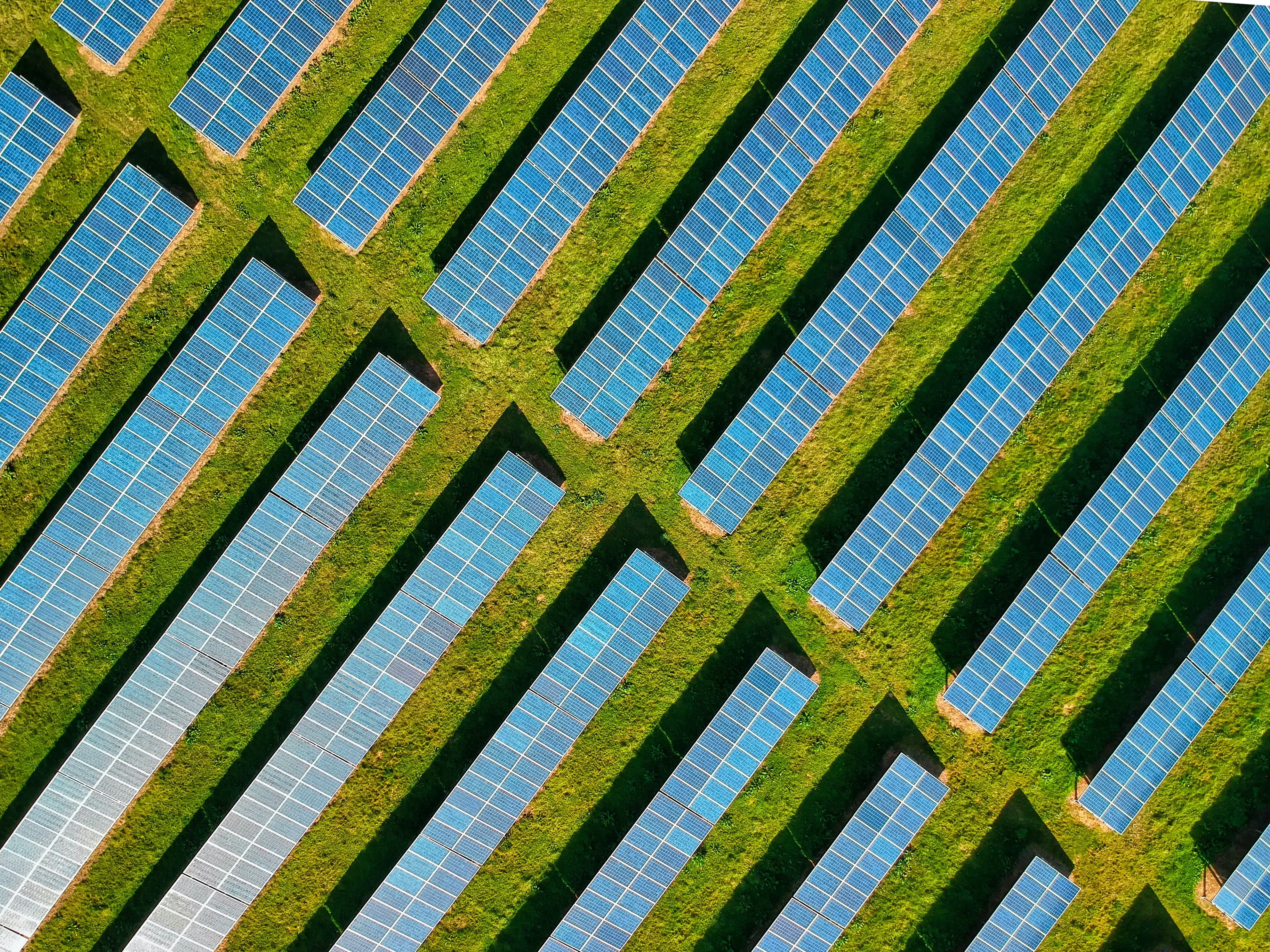Small-Scale Renewable Energy Solutions for Farms
Explore 'Small-Scale Renewable Energy Solutions for Farms' in this enlightening blog post by Vriksha Farms. Uncover the potential of solar, wind, and biogas energy systems tailored for smaller farms. Learn how these sustainable solutions can align with eco-friendly farming practices, overcome common challenges, and contribute to the future of renewable energy in agriculture. This post offers practical insights into implementing cost-effective, energy-efficient strategies for enhanced farm productivity and sustainability."

Introduction
Small-scale renewable energy solutions are becoming increasingly important for farms, especially for those striving for sustainability and cost-efficiency. Vriksha Farms, with its dedication to responsible agroforestry and sustainable living, recognizes the potential of these solutions in transforming the way farms operate. This blog post aims to explore various small-scale renewable energy options suitable for farms and their benefits.
The Need for Small-Scale Renewable Energy in Agriculture
- Accessibility and Affordability
Small-scale renewable energy solutions are more accessible and affordable for farmers, especially those with limited resources. They provide a feasible alternative to large-scale installations, making renewable energy more inclusive.
- Flexibility and Scalability
These solutions offer flexibility and scalability, allowing farmers to start small and expand their renewable energy systems as their needs and capabilities grow.
Types of Small-Scale Renewable Energy Solutions
- Solar Power Systems
Small solar panels can power individual machines, irrigation systems, or provide lighting for farm buildings. Portable solar solutions are also available, which are easy to install and move as needed.
- Mini Wind Turbines
Mini wind turbines, suitable for farms not requiring the high energy output of full-sized turbines, can generate enough power for small operations or supplement existing energy sources.
- Micro-Hydro Power
For farms located near water sources, micro-hydro power systems can be an effective way to generate electricity, using the flow of water to produce energy.
Implementing Renewable Energy on a Small Scale
- Assessing Energy Needs
Farmers should start by assessing their energy needs to determine the size and type of system that would be most beneficial.
- Exploring Funding and Incentives
Many regions offer grants, subsidies, or incentives specifically for small-scale renewable energy projects, making them more financially viable.
- Seeking Expert Advice
Consulting with renewable energy experts can provide valuable insights into the most suitable options and ensure proper installation and maintenance.
Benefits of Small-Scale Renewable Energy for Farms
- Reduced Energy Costs
Even small-scale systems can significantly reduce energy costs, providing long-term financial savings.
- Environmental Impact
By adopting renewable energy, farms can lower their carbon footprint, contributing to environmental sustainability.
- Energy Independence
Small-scale systems can increase a farm's energy independence, reducing reliance on external power sources and enhancing resilience against energy price fluctuations.
Vriksha Farms: Promoting Renewable Energy in Agriculture
- Integrating Renewable Solutions
Vriksha Farms integrates small-scale renewable energy solutions in its farmland projects, showcasing their practicality and effectiveness in modern farming.
- Education and Support
Vriksha Farms also focuses on educating farmers about the benefits of renewable energy and providing support in implementing these systems.
Conclusion
Small-scale renewable energy solutions offer a viable and sustainable option for farms of all sizes. They provide an opportunity for farmers to reduce costs, minimize their environmental impact, and move towards a more sustainable and self-sufficient mode of operation. Vriksha Farms stands as a model in this transition, advocating for and implementing renewable energy solutions in agriculture.
